Mozambique: Chissano sees post-election crisis as 'growing pain' - interview
Mozambique: EU head of diplomacy to visit this week
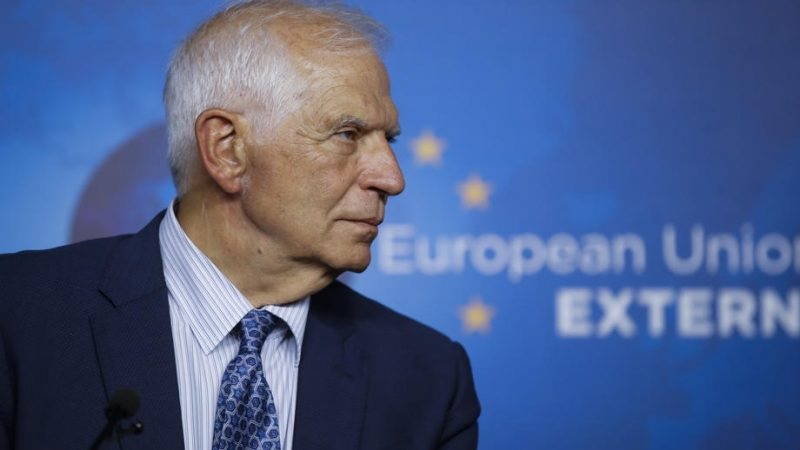
File photo: Lusa
The High Representative of the European Union for Foreign Affairs and Security Policy (HR/VP) , Josep Borrell, is due to visit Mozambique on Thursday and Friday, 8-9 September, a visit originally scheduled for January but postponed due to Covid-19.
During his trip, the head of European diplomacy is scheduled to meet the Mozambican president, Filipe Nyusi, and the Foreign Affairs Minister, Veronica Macamo, on Thursday.
On Friday, Josep Borrell will visit the EU military training mission in Mozambique (EUTM) in Catembe, on the southern edge of Maputo, and will take part in a ceremony to hand over military equipment financed by the European Peace Facility, together with the Director-General of the European Union Military Staff (EUMS) and head of EU military missions, Vice Admiral Hervé Bléjean.
Also on Friday, Mr Borrell will meet the Mozambican Defence Minister, Cristóvão Chume, and visit a cooperation project financed by the European Union.
This visit by the High Representative of the EU to Mozambique, which is part of a four-day mission to Africa – Borrell will visit Kenya on 10 September and Somalia the following day – comes a week after the visit by Portugal’s Prime Minister, António Costa, who yesterday in Maputo expressed his country’s willingness to send more equipment to help Mozambique’s armed forces to combat terrorism.
“Of course, there is that availability. Mozambique knows what our availability is, it is necessary to know if our availability engages with the needs that Mozambique has,” said António Costa, who ended on Friday a two-day official visit to Mozambique, where he participated in the V Luso-Mozambican Summit.
António Costa yesterday visited the Portuguese troops at the Marine Corps School and the European Union training mission to train Mozambican troops to fight terrorism at the Independent Marine Company in Catembe, and made a reference to the EU equipment delivery ceremony in which Borrell will participate.
“There is some of the equipment that the European Union itself provides, it is already in Mozambique, and I believe that it will be delivered during the visit of the high representative, Josep Borrell, on 9 September,” he said.
Pointing out that “there is another type of equipment that Mozambique needs,” the Portuguese prime minister said it was necessary to “work, either within the European Union or perhaps among a group of European Union countries, to complete this support so that this entire operation, in addition to training, then has the necessary tools for action.
Asked whether the equipment that Portugal could send to Mozambique includes arms, the Prime Minister admitted that possibility.
However, an official source in his office indicated that it was non-lethal military equipment.
On Thursday, the President of the Republic of Mozambique called for “modern equipment,” arguing that “material support would be fundamental to fighting the enemy.
At the Independent Marine Company, Portugal’s prime minister and the minister of defence, Helena Carreiras, watched a small demonstration of the training given to Mozambican military personnel.
During his briefing to the Portuguese government delegation, the commander of the European Union military training mission in Mozambique, Brigadier General Lemos Pires, said that the mission has 119 members from 12 countries.
Lemos Pires said that the material that will be donated by the European Union, worth 89 million euros, was “exactly what Mozambique wants.
The training of the 11 units of the Mozambican Rapid Reaction Forces (RRF) – marines and commandos – was approved during the Portuguese presidency of the Council of the European Union. It started at the end of last year and is expected to last two years, with 140 military trainees over that period.
The mission responds to the Mozambican government’s request for help in preparing 1,100 Mozambican officers, sergeants and soldiers – six army special operations companies and five navy special operations companies – to fight in particular in Cabo Delgado.
Visitei a Escola de Fuzileiros Navais e o centro militar de treino na Companhia de Fuzileiros Independentes, onde militares portugueses se encontram empenhados em missões de cooperação bilateral e no âmbito da #UE para a segurança, estabilidade e desenvolvimento de Moçambique. pic.twitter.com/d3zjfwg4d9
— António Costa (@antoniocostapm) September 2, 2022


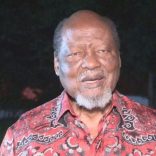
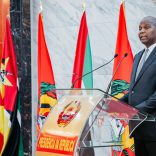
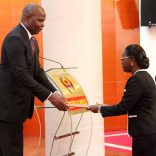

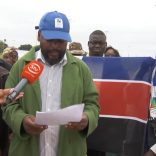
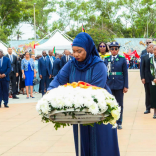





Leave a Reply
Be the First to Comment!
You must be logged in to post a comment.
You must be logged in to post a comment.